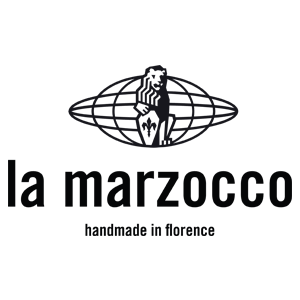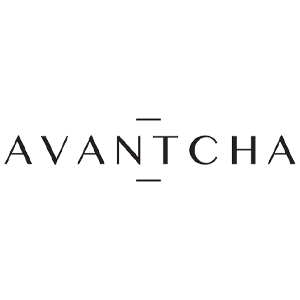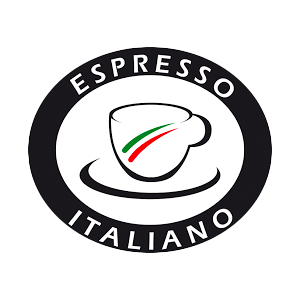Could not save your registration. Please try again.
Great, you are now registered. Welcome to the club and look forward to our updates.
Suitable for portafilter and fully automatic machines.
Coffee drinks
Preparation
Label
Drinks
Espresso
Organic / Demeter
Fresh Coffee service
Coffee machines including home barista training for 2 people
What type of portafilter?
Which pump?
How many boilers?
Perfect espresso with almost no energy
Freshly ground coffee tastes better.
Typ of Grinder
Dosage
Grind by hand
The tools for the barista
For better preparation
For clean preparation
Brands
White, colored and thick-walled cups.
Coffee cups
The tea cups & tableware
Clean the coffee maker and grinder regularly.
Für besseres Kaffeewasser
The great classic teas & tea types
The infusions & infusion drinks
The main tea growing areas
Sweet specialties with coffee
Chocolate bars
Chocolate drinks
Es ist immer eine gute Idee etwas schönes zu schenken.
Ob Bohnen, Pads oder Kapseln – jedes Bundle ist perfekt abgestimmt.
Kaffeebohnen
E.S.E. Pads
Kapseln
Von Klassikern bis Geheimtipps: Ideen à gogo für alle Kaffeeliebhaber.
Kaffee Label
Kaffee Spezial
 Espresso
Espresso Cappuccino
Cappuccino Café Crème
Café Crème Portafilter
Portafilter Fully automatic machine
Fully automatic machine Organic / Demeter
Organic / Demeter Fairtrade
Fairtrade Fresh service
Fresh service Single circle
Single circle Dual circuit
Dual circuit Vibration pump
Vibration pump Rotary pump
Rotary pump One boiler
One boiler Two boilers
Two boilers Manual machines
Manual machines ECM Manufcture
ECM Manufcture Rocket Espresso
Rocket Espresso La Marzocco
La Marzocco Aram
Aram Supercop
Supercop Cafelat
Cafelat Disc mill
Disc mill Cone grinder
Cone grinder Dosage by time
Dosage by time Dosage by weight
Dosage by weight Hand mills
Hand mills Tamper
Tamper Milk jug
Milk jug Weighing & Measuring
Weighing & Measuring Microfiber cloths
Microfiber cloths Knockout boxes
Knockout boxes SINIS
SINIS Motta
Motta Ilsa
Ilsa Espresso (80 ml)
Espresso (80 ml) Cappuccino (200 ml)
Cappuccino (200 ml) Flat white (150 ml)
Flat white (150 ml) Latte (300 ml)
Latte (300 ml) Brewers
Brewers To Go Cup
To Go Cup Cupping
Cupping Cortado
Cortado Degreaser
Degreaser Descaler
Descaler Mill Cleaner
Mill Cleaner Milk Cleanser
Milk Cleanser Direct water filter
Direct water filter Black tea
Black tea Green tea
Green tea White tea
White tea Oolong tea
Oolong tea Herbal tea
Herbal tea Fruit tea
Fruit tea Rooibos tea
Rooibos tea China
China India
India Japan
Japan South Africa
South Africa Sri Lanka
Sri Lanka Switzerland
Switzerland Sirocco tea
Sirocco tea Länggass Tea
Länggass Tea Avantcha tea
Avantcha tea Black chocolate
Black chocolate Chocolate beans
Chocolate beans Amaretti
Amaretti Cantuccini
Cantuccini Gutschein 50.00
Gutschein 50.00 für Espresso
für Espresso für Espresso
für Espresso Demeter Kaffee
Demeter Kaffee Viva Italia
Viva Italia Reinigung Tools
Reinigung Tools